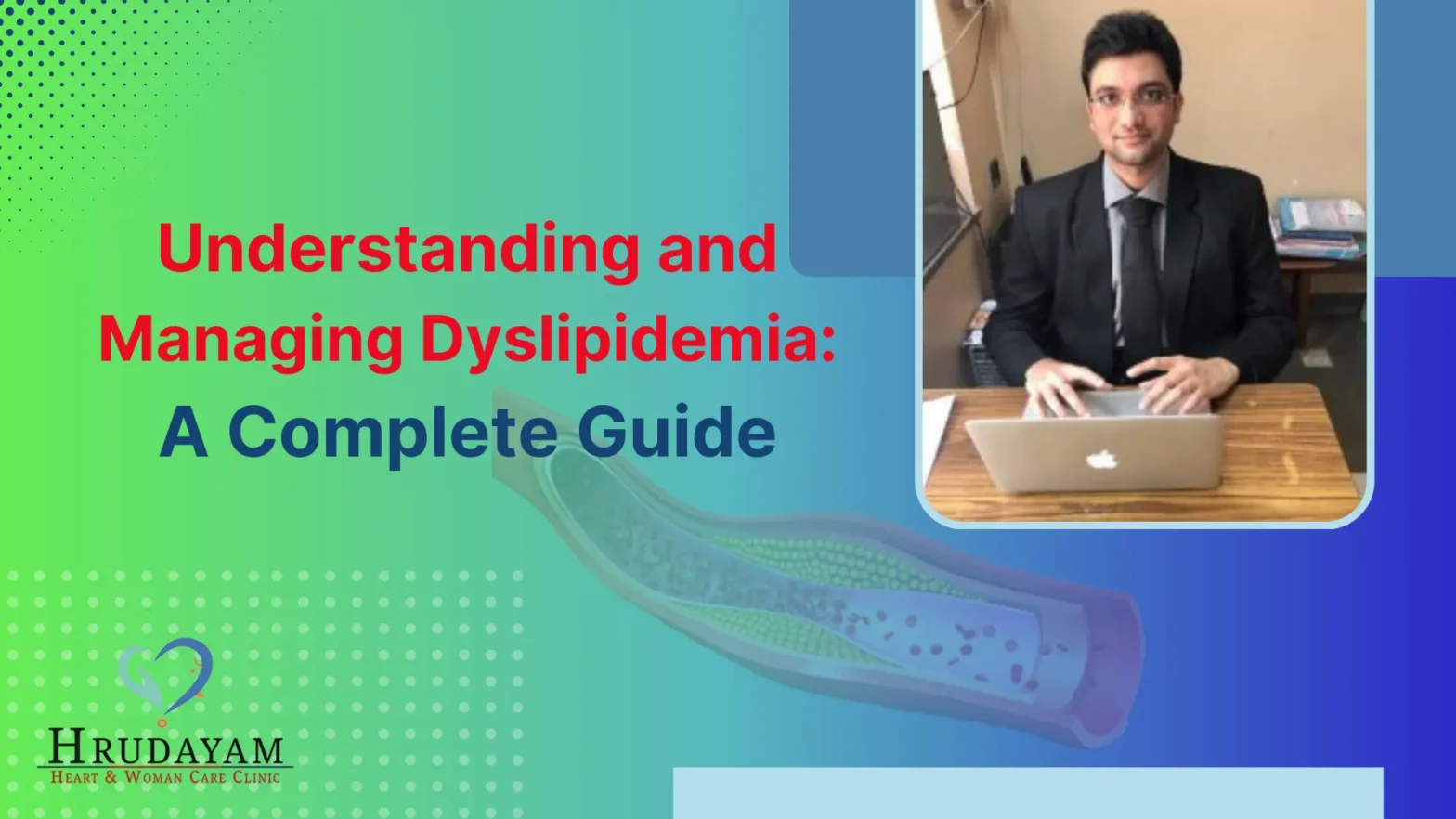What is Dyslipidemia?
One of the most concerning queries doctors like Dr. Chetan Rathi gets is “what is dyslipidemia?” India has witnessed a significant rise in the cases of Dyslipedia in the last few years. Dyslipidemia, also known as lipid disorder or high cholesterol, is a condition characterized by abnormal levels of cholesterol and triglycerides in the blood. These lipids are essential for various bodily functions, but when they are present in excessive amounts, they can increase the risk of heart disease, stroke, and other cardiovascular problems.
Types of Dyslipidemia
There are several types of dyslipidemia, including:
- Hypercholesterolemia: High levels of low-density lipoprotein (LDL) cholesterol, often referred to as “bad” cholesterol.
- Triglyceridemia: High levels of triglycerides, a type of fat found in the blood.
- Combined hyperlipidemia: A combination of high LDL cholesterol and high triglycerides.
- Low high-density lipoprotein (HDL) cholesterol: Low levels of HDL cholesterol, often referred to as “good” cholesterol.
Causes and Symptoms of Dyslipidemia
The exact causes of dyslipidemia can vary, but it is often associated with lifestyle factors and underlying medical conditions. Some common causes include:
- Diet : A diet high in saturated and trans fats can contribute to high cholesterol levels.
- Lifestyle : Lack of physical activity, obesity, and smoking can also increase the risk of dyslipidemia.
- Genetics : Some people may have a genetic predisposition to high cholesterol levels.
- Medical Conditions : Certain medical conditions, such as diabetes, hypothyroidism, and kidney disease, can affect cholesterol levels.
Signs and Symptoms of Dyslipidemia often does not appear, which is why it is sometimes referred to as a “silent killer.” However, if left untreated, it can lead to serious Dyslipidemia complications. The major health concerns like Cardiovascular diseases, Pancreatitis, and metabolic dysfunctions may arise.
Risk Factors for Dyslipidemia
The risk factors for Dyslipidemia vary from person to person and depends on various factors, such as:-
- Age : The risk of dyslipidemia increases with age.
- Family History : A family history of heart disease or high cholesterol can increase your risk.
- Lifestyle factors : A sedentary lifestyle, unhealthy diet, smoking, and excessive alcohol consumption can contribute to dyslipidemia.
- Medical conditions : Certain medical conditions, such as diabetes and obesity, can increase the risk of dyslipidemia.
Medical Treatments for Dyslipidemia
For treatments of Dyslipidemia, your doctor may recommend lifestyle changes and medications to manage your cholesterol levels.
- Lifestyle changes : These include adopting a healthy diet, exercising regularly, losing weight if necessary, and quitting smoking.
- Medications : Statins are the most commonly used medications to lower LDL cholesterol levels. Other medications may be prescribed depending on the specific type of dyslipidemia.
How Dyslipidemia is Diagnosed
For dyslipidemia diagnosis, a blood test is used to measure cholesterol and triglyceride levels. Your doctor will interpret the results and determine if you have dyslipidemia.
A lipid profile test typically measures the following:
- Total cholesterol
- Low-density lipoprotein (LDL) cholesterol
- High-density lipoprotein (HDL) cholesterol
- Triglycerides
Based on these results, your doctor will assess your risk of heart disease and recommend appropriate treatment options. It’s important to note that a single blood test may not be sufficient for diagnosis, and your doctor may recommend repeat testing over time.
Conclusion
Dyslipidemia is a common condition that can significantly increase your risk of heart disease and stroke. By understanding the dyslipidemia causes, symptoms, and risk factors, you can take steps to manage your cholesterol levels and improve your overall health. Regular check-ups with your healthcare provider are essential for early detection and treatment. In case you have any query related to Dyslipidemia, you can reach out Dr. Chetan Rathi, who is well versed with the ins & outs of this condition in males & females.
FAQs of Dyslipidemia
What is the mechanism of dyslipidemia?
Dyslipidemia occurs when there is an imbalance in the production and clearance of cholesterol and triglycerides in the body.
How can I manage Dyslipidemia naturally?
Lifestyle changes, such as a healthy diet, regular exercise, and weight management, can be effective in managing dyslipidemia.
Can quitting smoking help prevent Dyslipidemia?
Yes, smoking is a significant risk factor for dyslipidemia. Quitting smoking can help improve your cholesterol levels and overall health.
How can I prevent Dyslipidemia through diet?
A diet rich in fruits, vegetables, whole grains, and lean protein can help lower cholesterol levels. Limit your intake of saturated and trans fats.
Does reducing alcohol intake help in Dyslipidemia prevention?
Excessive alcohol consumption can raise cholesterol levels. Moderation is key!

